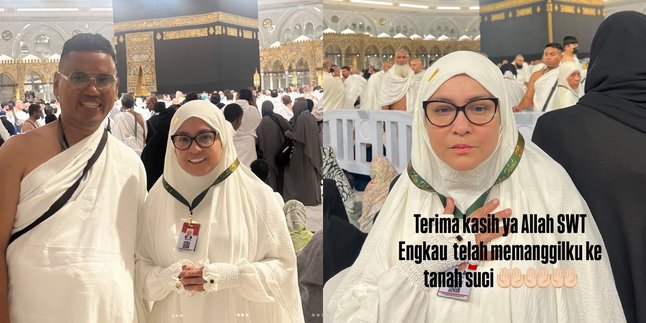Kapanlagi.com - After the month of Ramadan has passed, discussions about Syawal fasting and Qadha fasting are heating up among Muslims. Syawal fasting, which is a sunnah fast, is performed for six days in the month of Syawal after the Idulfitri celebration.
The virtue of this fast is extraordinary; in a hadith, it is mentioned that those who fast for six days in the month of Syawal are as if they have fasted for an entire year! On the other hand, Qadha fasting becomes an obligation for those who have missed Ramadan fasting for various reasons, such as illness, travel, or other obstacles.
In practice, an important question often arises: which should be prioritized, Syawal fasting or Qadha fasting? Some scholars argue that obligations should take precedence, so Qadha fasting should ideally be completed first before performing Syawal fasting.
However, there are also views that allow for the performance of Syawal fasting first, especially if there is still ample time to make up the missed fasts, as Qadha fasting does not have to be done immediately after Ramadan.
To gain a deeper understanding of this matter, check out Kapanlagi's summary from various sources compiled on Sunday, April 6, 2025. Let’s delve deeper into these two types of fasting and choose what is best for us!
1. Understanding the Syawal Fasting for Muslims
Syawal fasting, a blessed sunnah practice, has become a tradition that is encouraged to be carried out after celebrating Eid al-Fitr.
For six days in the month of Syawal, from the 2nd to the 7th, Muslims are encouraged to fast, provided it does not coincide with the prohibited days such as the 1st of Syawal.
The virtue of this fasting is immense, as stated in the hadith of the Prophet Muhammad (SAW), where anyone who observes the fast of Ramadan and continues it with six days in Syawal is as if they have fasted for a full year.
Although there are various opinions among scholars regarding its implementation, the Syawal fasting is still considered a highly recommended sunnah muakkadah.
Therefore, it is not surprising that many Muslims are eager to perform this sunnah fast, in order to gain abundant rewards and blessings throughout the year.
2. About Qadha Fasting
Qadha fasting is an obligation that must be fulfilled by Muslims who have missed fasting during Ramadan for various reasons, such as illness, travel, or other obstacles.
This is a form of responsibility to perform the worship commanded by Allah SWT, so every Muslim who misses fasting in the holy month must make it up before the next Ramadan arrives.
Various reasons, such as severe illness, long journeys, or for women who are menstruating, often force someone not to fast. However, once their condition improves, they are required to make up the missed fast.
If someone is unable to do so due to permanent reasons, such as chronic illness, they can pay fidyah by feeding the poor according to the number of days of fasting missed.
In language, "qadha" means to fulfill or complete, indicating that this fasting is a way to perfect the postponed worship.
Therefore, it is highly recommended that every Muslim promptly fulfill their qadha so as not to be burdened when Ramadan returns.
As explained in the Quran, Surah Al-Baqarah verse 184, it is clear that making up for missed fasting is an obligation that must be fulfilled.
(kpl/rao)
Disclaimer: This translation from Bahasa Indonesia to English has been generated by Artificial Intelligence.












